What Is Runners Itch? What Causes It And How To Avoid It?
Easy solutions and tips to soothe your skin to reduce itching and prevent its recurrence.
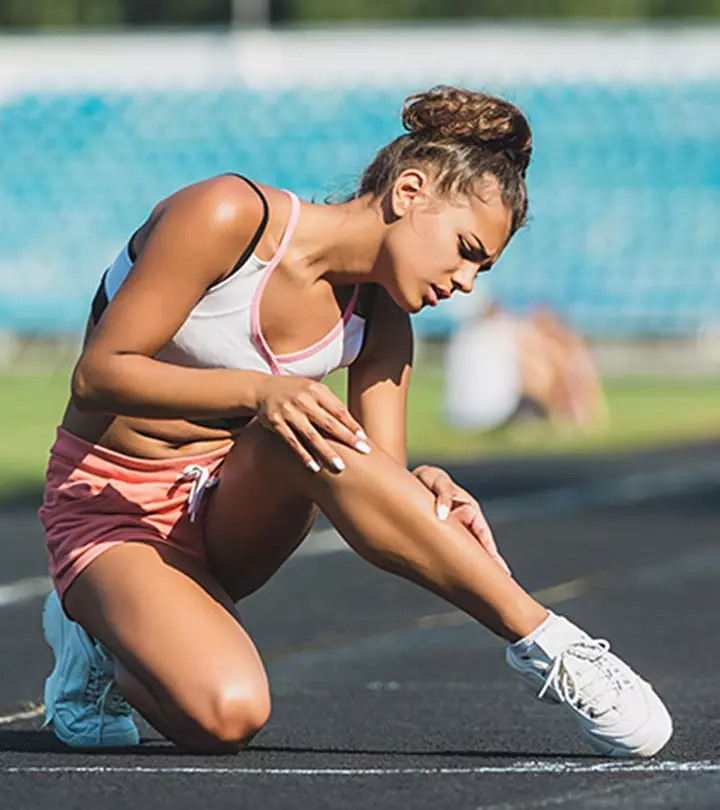
Image: Shutterstock
Have you ever found yourself scratching your body after a run or workout for no apparent reason and wonder why do my legs itch when I walk fast or run? Many people call this the runner’s itch. Runner’s itch while running can hit all of a sudden, out of nowhere.

For instance, you start jogging on the treadmill or track, only to notice an itching sensation spreading up your legs and back. It itches all over your body in a matter of seconds!
Please continue reading to learn more about runner’s itch, what causes it, and tips to avoid it!
With your sports shoes and best workout outfit on, you are all set for the day’s run. You get on the treadmill or track and begin to jog, only to find an itching sensation also known as pruritis, slowly creeping up your legs and your back. In a few seconds, it is itching all over your body!
Have you ever been in a situation where your body starts itching after a run or workout for no apparent reason? Well, many refer to this as the runner’s itch. Do you want to know more about this condition, its causes, and how to prevent it? Read on!
In This Article
What Is Runner’s Itch?
Runner’s itch refers to a sudden onset of bouts of itching, skin irritation, heat rash, or symptoms of an allergy following a run or exercise. It may include the following symptoms:
- Itchy, prickling, tingling sensation
- Redness
- Raised bumps
- Burning sensation
Listed below are the most common causes of runner’s itch.
Key Takeaways
- Runner’s itch may be caused by an allergic reaction or due to impedance in blood flow to the legs.
- This condition can be managed under the supervision of a healthcare professional and an appropriate dose of antihistamines.
- Bathing daily, warming up before exercise, and wearing protective clothing like knee-high socks can help reduce the risk of developing a runner’s itch.
- People with dry skin have a higher tendency to experience runner’s itch after exercise.
What Causes Runner’s Itch?
There are a number of conditions, allergies, and other factors that could be causing your legs to itch while running. They include:
- Exercise-Induced Urticaria
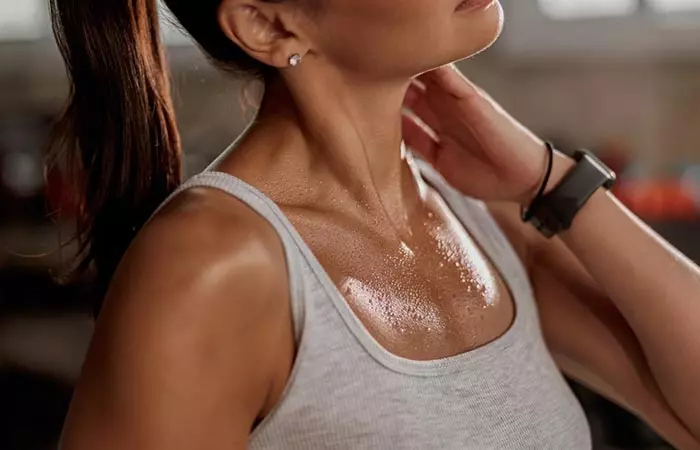
This condition is also referred to as cholinergic urticaria. It results in exercise-induced itch and red hives, along with other allergic and inflammatory responses. Physical activity that increases the core temperature and causes you to sweat is one of the most common causes of this condition (1).
- Exercise-Induced Anaphylaxis
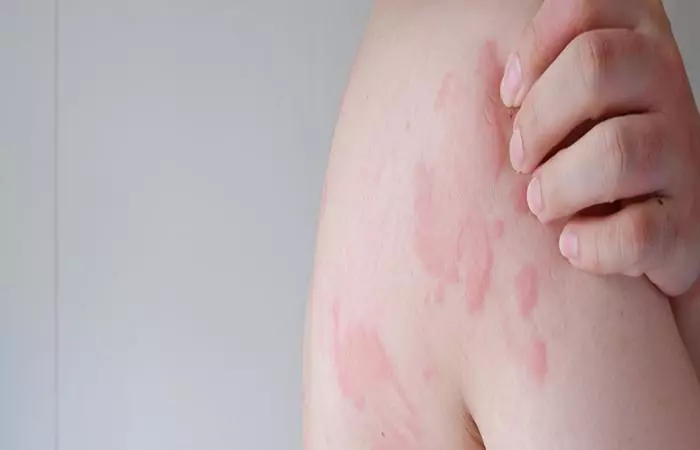
This is a rare condition in which anaphylaxis occurs post a physical activity of any kind. Anaphylaxis is a deadly allergic reaction that occurs when you are exposed to anything you are allergic to. In some cases, such reactions may also be triggered by exercise or running (2).
Mary, a blogger, found herself in a desperate attempt to outrun an encroaching allergic reaction in the midst of a seemingly routine run. She explained in her blog, “I have a condition called Exercise-Induced Anaphylaxis, or EIA…after an easy 60-minute run, experiencing anaphylactic shock where my face blew up like a balloon and my throat started closing up. I occasionally develop hives or moderate facial swelling after a tough workout (i).” Despite occasional ER visits, she remains resolute in her fitness goals, proving that these setbacks won’t hinder her drive.
- Cold Urticaria
Cold urticaria is an allergic reaction to cold temperatures (3). It can cause your skin to develop red and itchy hives and intense skin sensitivity when exposed to cold. Its symptoms may be mild or severe and may vary from one individual to another.
- Circulation Problems
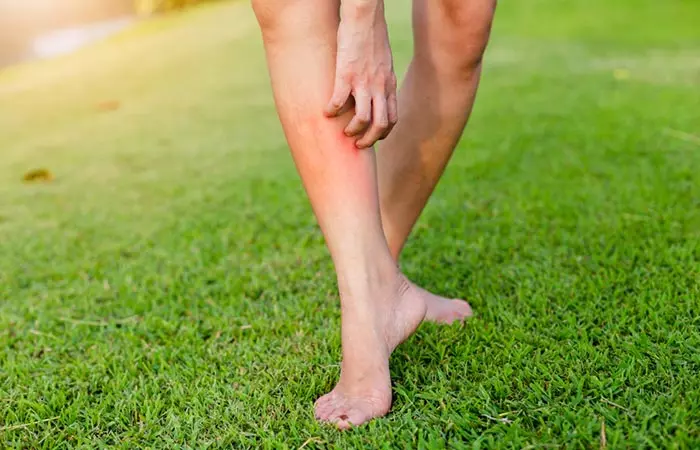
In some cases, lack of running or jumping into a sprint after a long interval can cause your legs to itch. If you have not been physically active lately, the capillaries in your legs can collapse slightly. The sudden bout of exercise may need your capillaries to expand to allow increased blood flow. This expansion sends “itchy signals” to your brain, thereby causing your legs to itch while running. This condition is most likely to ease after running for a few days.
- Allergic Reactions
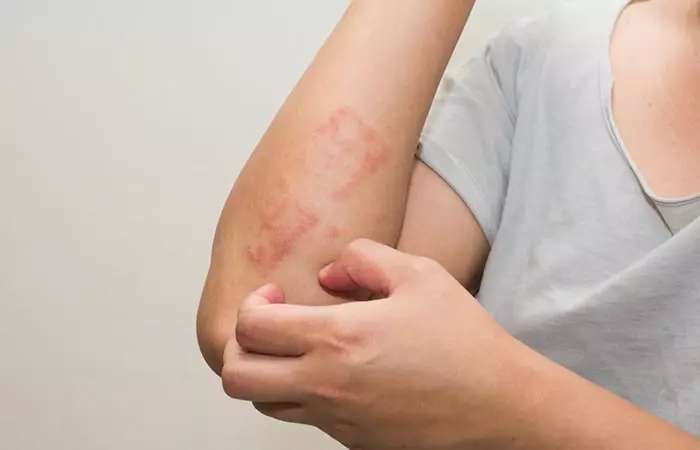
Allergic reactions like contact dermatitisi A skin condition characterized by itchy rashes caused due to direct contact with an allergen or a reactive substance. or eczemai A common skin condition characterized by inflammation, dryness, itchiness and scaly patches. Also known as atopic dermatitis. could also cause runner’s itch. If your skin is allergic to certain detergents or clothing that you have worn while running, it could develop an allergic reaction to the irritant and may begin to itch (4). Sweating while running tends to make the itching more severe.
- Dry Skin
In general, those with dry skin are more prone to itching (5). Hence, if you have xerosis or dry skin, you are more likely to experience itching while running.
Almost all conditions that trigger itchy legs can be rather easily managed by treating the underlying cause, such as the use of antihistaminesi A class of drugs that are used to provide relief from allergies, hay fever, cold, insect bites and in some cases, short-term insomnia. .
You can also follow the tips and techniques discussed below to prevent itching.
What Can You Do To Prevent Itching?

- Warm up for at least 10 minutes before a workout or run.
- Take short intervals between any physical activity.
- If the itching is triggered by cold weather conditions, wear layers of clothing to cover the exposed body parts while running.
- If you experience exercise-induced anaphylaxis, opt for a less strenuous workout like swimming.
- Maintain good hygiene practices and have a body bath daily.
- Moisturize your skin daily to prevent skin barrier dysfunction.
- Wear protective clothing material like knee-length socks if you are living in an area with allergens like poison ivy.
- Wear moisture-wicking, breathable fabrics to help keep your skin dry.
- Avoid clothes with rough seams or tags that can irritate your skin.
- Drink water at least 45 minutes before and after your workout. Dehydration can trigger a histamine response in your skin, leading to itching. Increasing your water intake can counteract this effect.
 Quick Tip
Quick TipMost cases of itchy lower legs while running, excluding exercise-induced anaphylaxis, are not of much concern. Exercise-induced anaphylaxis can be life-threatening and needs to be treated medically immediately. The other causes can be managed quite easily by taking prescription medications for the underlying condition. Taking antihistamines and applying Calamine lotion can relieve the symptoms of itching.
Infographic: 6 Ways To Get Relief From Runner’s Itch
Runner’s itch generally occurs when sweat gets trapped under the skin, the skin becomes extremely dry, or there is poor ventilation. Besides opting for medical treatments or over-the-counter drugs, you can try a few natural ways to relieve the itch.
Check out the infographic to learn about six simple things you can do to stop the itch after a great workout session. Illustration: StyleCraze Design Team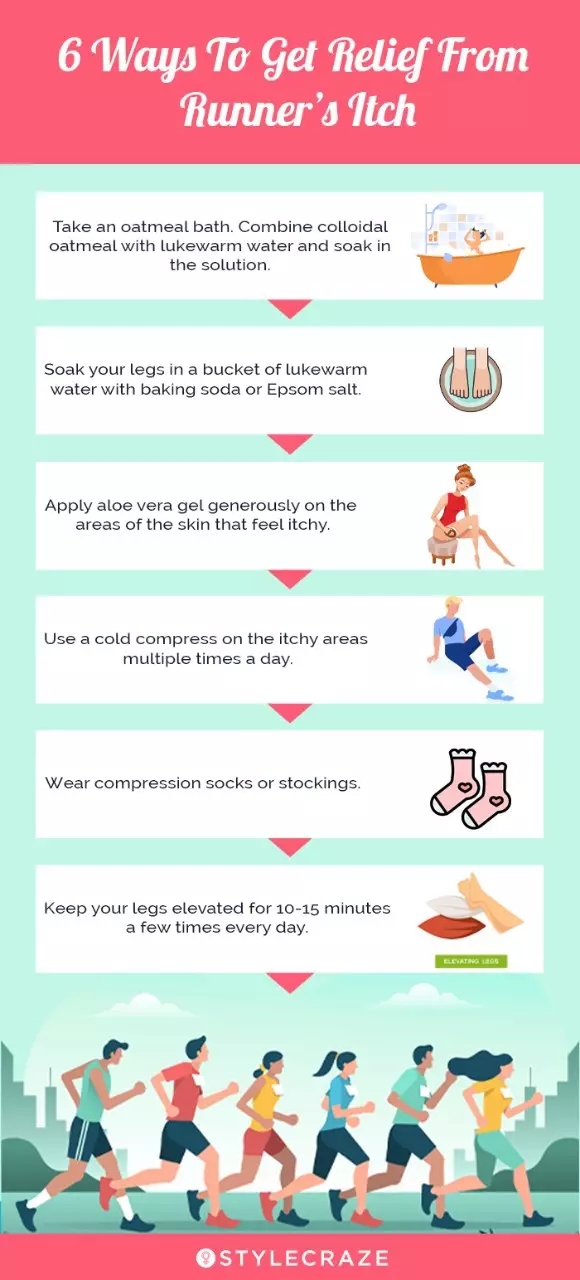
 Quick Tip
Quick TipA runner’s itch during running usually implies an allergic reaction. It may also be caused due to friction dry skin, eczema, or if the body faces circulatory problems. This itch can be relieved easily with an appropriate dose of antihistamines. You can also apply topical creams to ease the pain sensation. Ensure to warm up before starting your workout routine, moisturize and take a bath daily, and drink plenty of water before exercising. However, if the condition persists along with other worrying symptoms, consult your healthcare provider to diagnose any underlying medical condition.
Frequently Asked Questions
Why does walking in jeans cause itchy legs?
If you wear a pair of jeans without moisturizing your legs properly, it might cause itching. Hair regrowth or ingrown hair may also trigger itchiness while walking in a pair of jeans.
Can lactic acid relieve itching?
Yes, lactic acid formulations may help alleviate the symptoms of dry and itching skin due to its moisturizing and antipruritici Drugs or substances that are used for neuropathic pain and to relieve itching due to an underlying medical condition. properties (6).
Will ibuprofen help with itching?
Currently, no studies suggest that ibuprofen can help with runner’s itch. However, as a non-steroidal anti-inflammatory drug, it may ease mild to moderate pain that accompanies intense itching (7).
Does apple cider vinegar help with runner’s itch?
Anecdotal evidence suggests that acidic substances like apple cider vinegar may help reduce inflammation and itchy skin. However, more research is warranted.
A runner’s itch can cause severe itching in the legs. Watch this video to learn how to get rid of it and deal with it better.
Personal Experience: Source
StyleCraze's articles are interwoven with authentic personal narratives that provide depth and resonance to our content. Below are the sources of the personal accounts referenced in this article.
i. Exercise Induced Anaphylaxis and the ER – PART 1https://itsamarython.wordpress.com/2013/08/02/exercise-induced-anaphylaxis-and-the-er-part-1/
References
Articles on StyleCraze are backed by verified information from peer-reviewed and academic research papers, reputed organizations, research institutions, and medical associations to ensure accuracy and relevance. Read our editorial policy to learn more.
- “New Etiology of Cholinergic Urticaria.” Current Problems in Dermatology, US National Library Of Medicine.
- “Exercise-Induced Anaphylaxis: An Update on Diagnosis and Treatment” Current Allergy and Asthma Reports, US National Library Of Medicine.
- “Cold urticaria.” Journal of Investigative Dermatology Symposium Proceedings, US National Library Of Medicine.
- “Allergic contact dermatitis: Overview” Institute for Quality and Efficiency in Health Care, US National Library Of Medicine.
- “Itch-associated response induced by experimental dry skin in mice.” Japanese Journal of Pharmacology, US National Library Of Medicine.
- “An evaluation of the moisturizing and anti-itch effects of a lactic acid and pramoxine hydrochloride cream.” Cutis, US National Library Of Medicine.
- “Ibuprofen..” StatPearls, US National Library of Medicine
.
Read full bio of Dr. Bhakti Kapse
Read full bio of Shaheen Naser
Read full bio of Arshiya Syeda
Read full bio of Swathi E





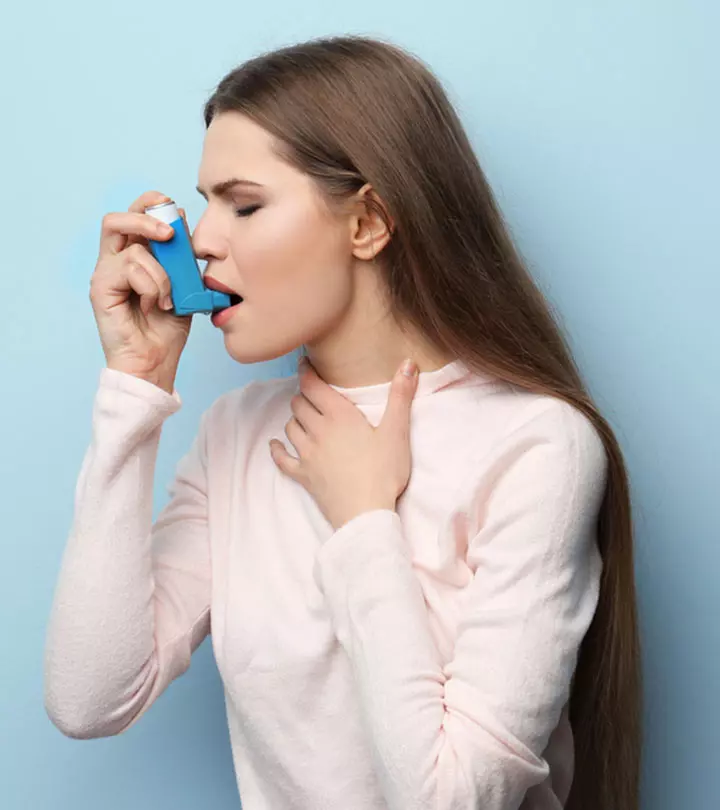

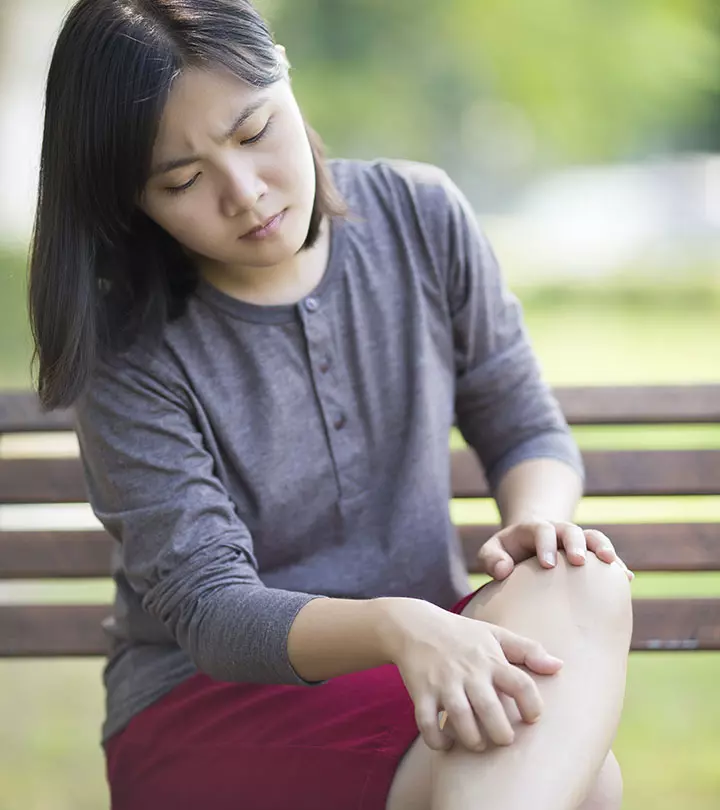


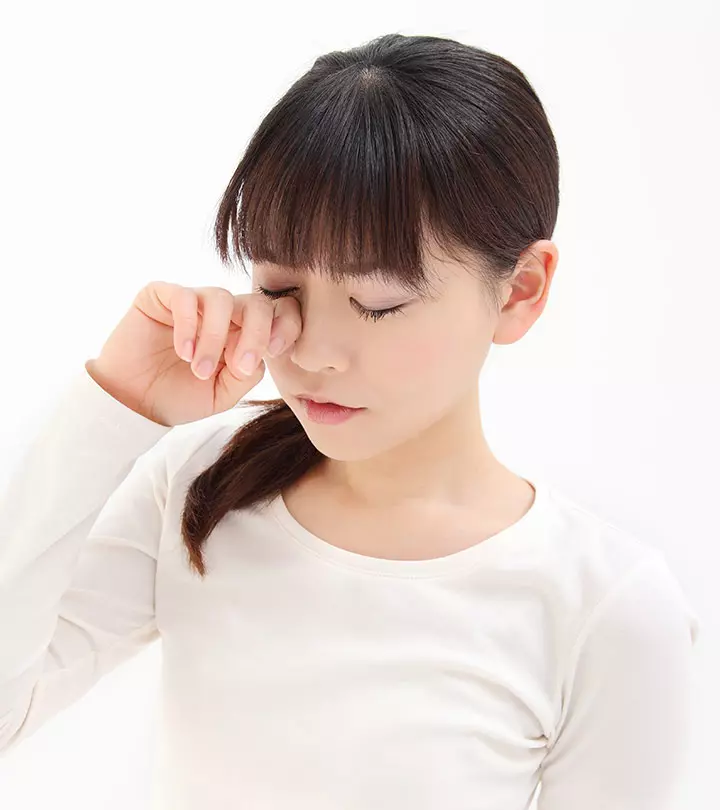

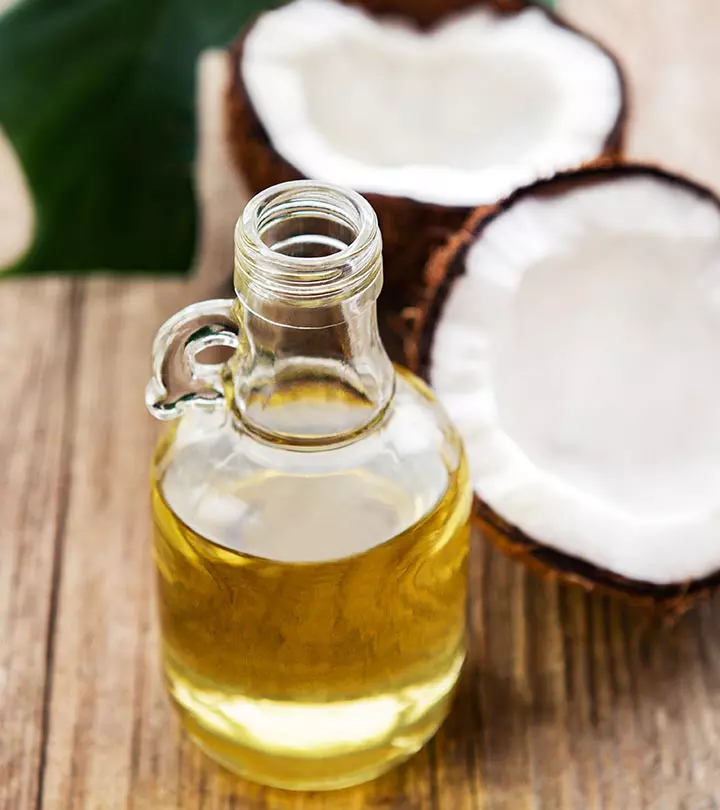
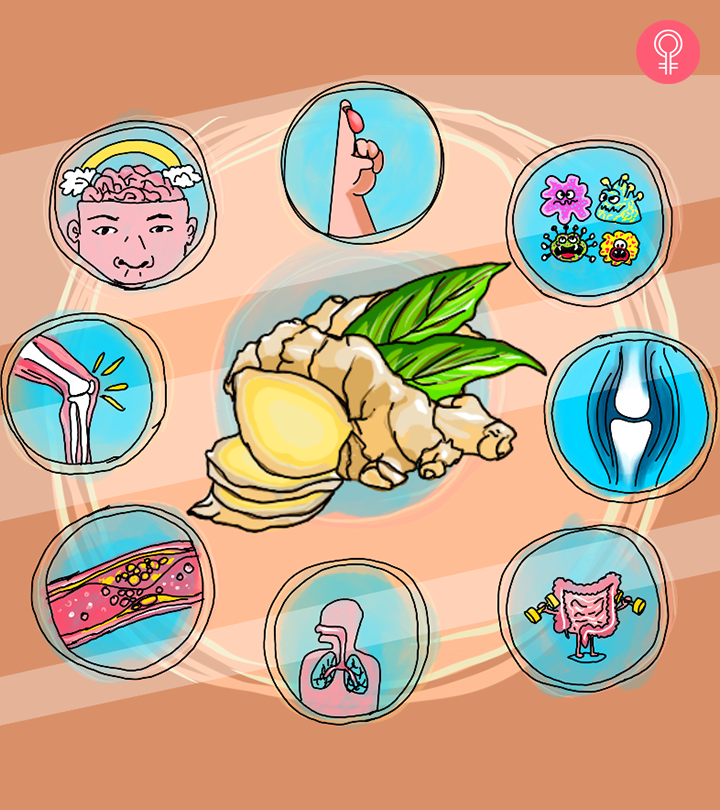

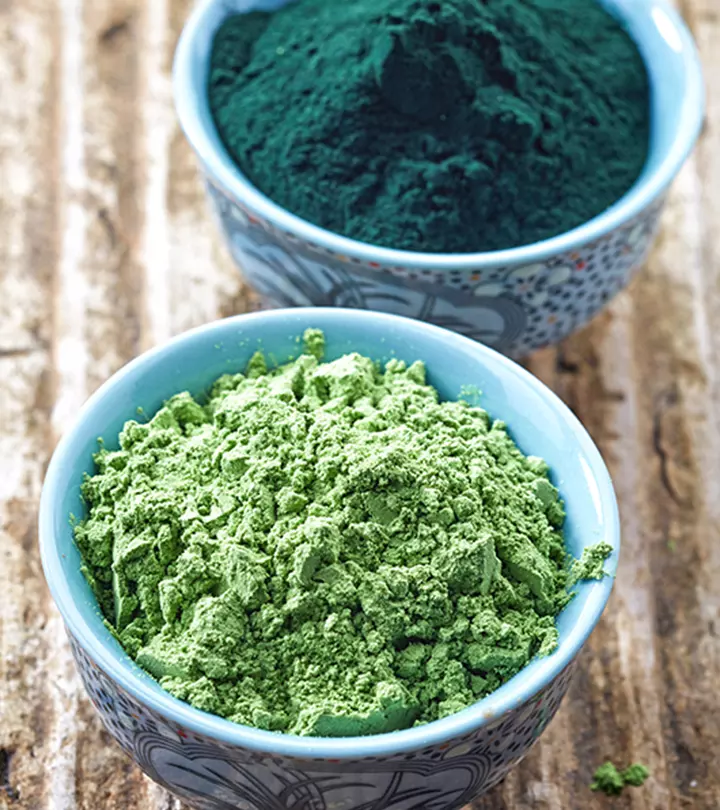




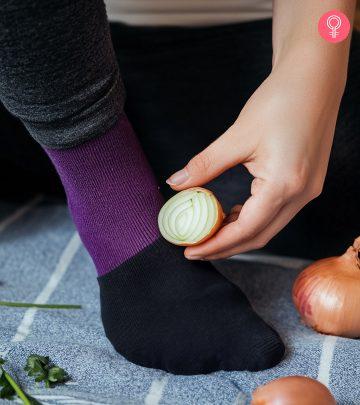


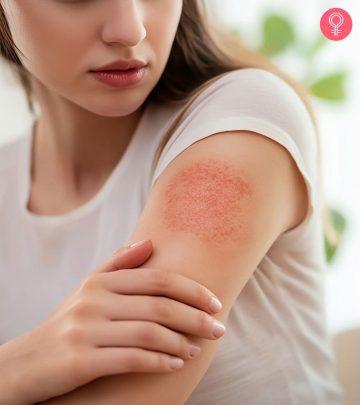

Community Experiences
Join the conversation and become a part of our empowering community! Share your stories, experiences, and insights to connect with other beauty, lifestyle, and health enthusiasts.